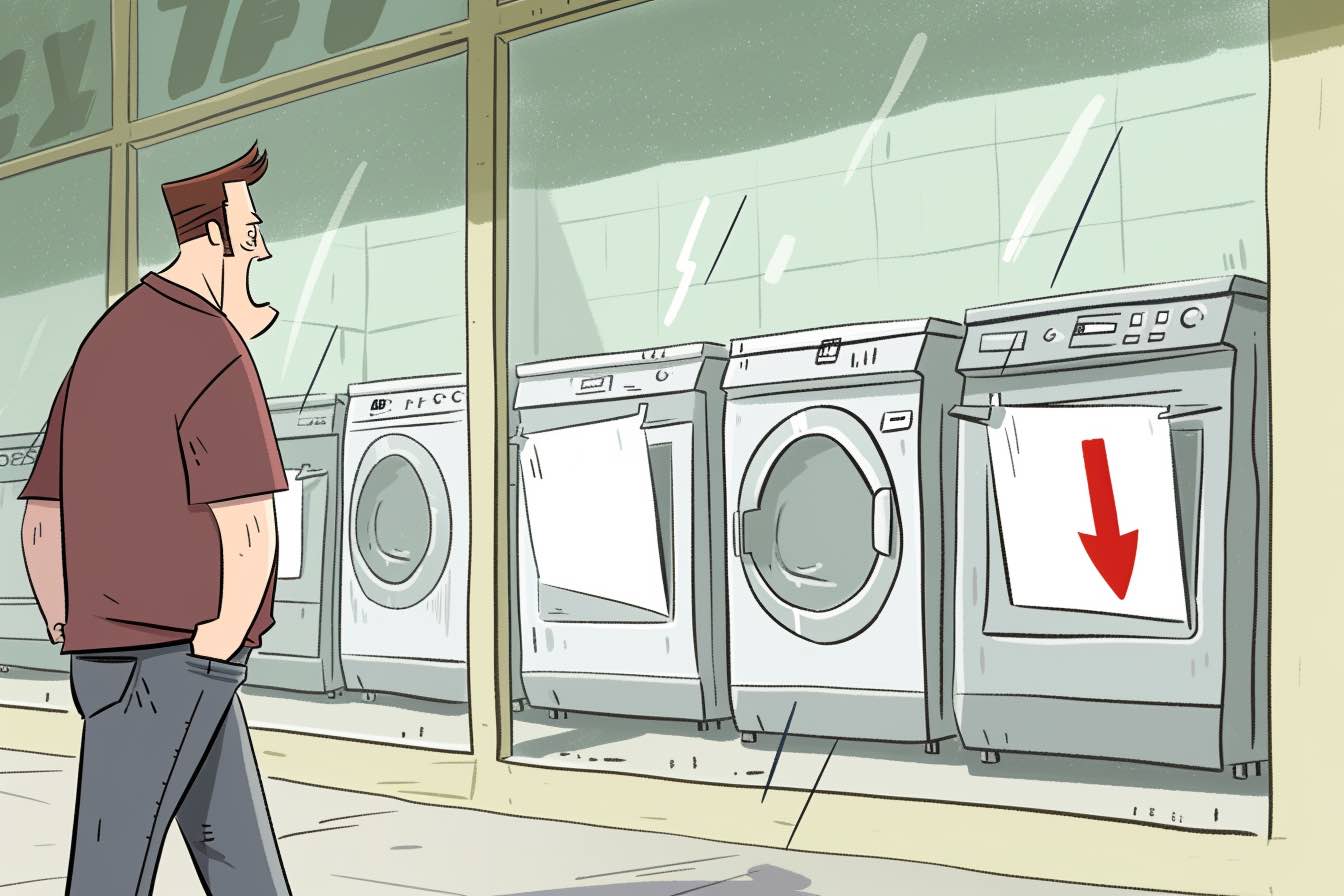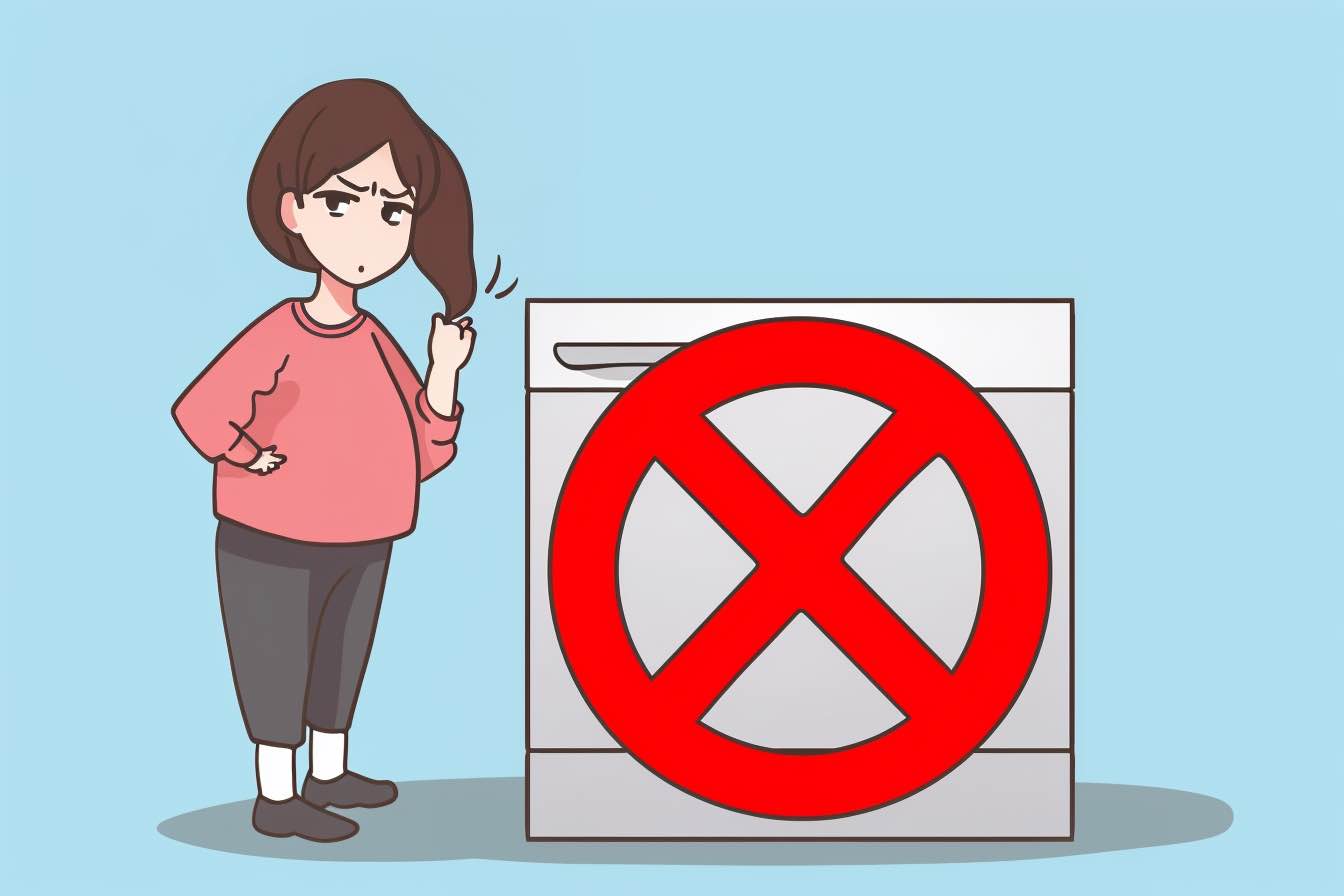When Ben Blout invoked a big-box store’s “low price promise” after discovering a lower price on his merchandise, he learned something about the fine print customers rediscover every holiday shopping season: some restrictions apply.
Make that lots of restrictions.
“They told me they won’t match any printed advertisement that is not valid for at least one week,” says Blout. “Specifically, their price match excludes timed events like early bird specials and door busters.”
Fine print is a problem any time of the year, of course. It’s so easy to miss the fine print. But most consumers get foiled by it around the holidays, in part because more people are shopping, and in part because of the extra offers with the extra restrictions.
Blout’s problem was unresolvable. The company responded, saying its policy was clear and fully disclosed, even though it was a loophole you could drive one of its stores strapped to a big rig through. I contacted the company and it didn’t even bother to reply. Perhaps it was too busy counting its holiday loot from duped customers like Blout.
You don’t have to be a victim of the mouse print at this time of year. Here’s a short list of my least favorite holiday disclaimers, and my interpretation of what they actually mean.
When they say: “Some restrictions may apply.”
They mean: “Lots of restrictions will apply!”
“Some restrictions” is the king of fine-print euphemisms. It means: Don’t hold us to anything we say in the ad. It means you may not be able to use the product as you intended. In fact, you may not get to use it at all if it’s nonrefundable. All that, and more, is disclosed in the fine print. You just have to know where to look for it. Yeah, that’s right. Look to the bottom of the offer and break out the magnifying glass. Then head to the law library to decipher it.
When they say: “Limit one per customer.”
They mean: “Not in stock.”
In order for a sale to mean anything, the items have to be in stock, right? When you see a warning like “limit one per customer” or the slightly more honest “supplies are limited” caveat, it means it’s probably too late. The other holiday shoppers have already snapped up the item, leaving the displays bare. But don’t worry — you can always find a similar item which, alas, is not on sale.
When they say: “Not valid in [insert name of your state.]”
They mean: “Not for you. Aren’t we a tease?”
Might as well say, “Not valid on days ending in ‘Y’” while they’re at it. The ubiquitous — and universally frustrating — “not valid” is certainly a sign of a halfhearted offer. A related fine-print “gotcha” is “void where prohibited.” Oh, shucks. I left my copy of the Code of Federal Regulations at home today. Mind if I borrow yours?
When they say: “No refunds after 30 days.”
They mean: “Our product is known to break after you buy it. Tick tock.”
Ever notice how trendy electronics come with a 30-day clause? If you’ve ever wondered why, try buying one. Go on. I can wait. They tend to break on the 31st day, that’s why. And I wouldn’t have believed it if it hadn’t happen to me with a certain trendy phone that everyone had to own back in 2006. Nuff said. The 30-day clause is a big red flag flying in tatters in a gale-force wind. It means “our products break.” Often. And if you make the mistake of buying one of these gadgets for the holidays, then guess what? The clock is ticking as soon as you plunk down your credit card.
When they say: “Free with purchase.”
They mean: “You’ll pay for it.”
“Free” is one of the biggest lies in American business. Think about it. Is anything truly free? How about “buy one, get one free”? Well, you have to buy one to get one. But “buy two at half price” doesn’t have the same ring, does it? How about “free gift” with purchase? Even worse! It suggests the business likes you so much, it’s giving you something. Hang on, though. If you don’t buy something, do you still get the gift? Nope. Say it with me: There’s no such thing as free. Or just TANSTAAFL (There Ain’t No Such Thing As A Free Lunch).
By the way, if you want to have more fun with ridiculous disclaimers, check out Mouseprint.org, which features more of this kind of absurdity.
In the meantime, feel free to do a double-take when you see words like “limited,” “restricted” and “free” on a holiday offer. There’s probably more to it than meets the eye.



